Unlock the White House Watch newsletter for free
Your guide to what the 2024 US election means for Washington and the world
European leaders breathed a collective sigh of relief on Monday as Donald Trump focused his fire elsewhere during his inauguration speech.
Although the new US president promised to “tariff and tax foreign countries to enrich our citizens” and announced the US would leave the Paris agreement on limiting carbon emissions, a cornerstone of EU policy, he stopped short of outlining specific measures.
European leaders chose to gloss over any potential differences with Washington, with many sending congratulations to the leader of a country that for 80 years has been vital to European security and prosperity.
European Commission president Ursula von der Leyen and EU Council president António Costa congratulated Trump in an identical message posted on X, sending him “best wishes”.
“The EU looks forward to working closely with you to tackle global challenges,” von der Leyen and Costa wrote.
Best wishes President @realDonaldTrump for your tenure as 47th President of the United States.
The EU looks forward to working closely with you to tackle global challenges.
Together, our societies can achieve greater prosperity and strengthen their common security.
This is…
— Ursula von der Leyen (@vonderleyen) January 20, 2025
Trump’s presidency has divided European politicians with some rightwing groups looking to his domestic policies, including his pledge to crack down on illegal migrants, as blueprints for Europe.
Giorgia Meloni, Italy’s rightwing prime minister, was the only leader from the bloc invited to the inauguration, with top EU officials such as von der Leyen yet to hold meetings with the new president.
Meloni is positioning herself as an interlocutor with Trump on behalf of the EU, writing on X: “Italy will always be committed to consolidating the dialogue between the United States and Europe, as an essential pillar for the stability and growth of our communities.”
A number of far-right party leaders, including from Belgium, Germany, Spain and France also attended the inauguration.
They would like Trump to weaken Brussels, allowing national capitals to have greater control, and to reverse policies to cut carbon emissions and police online speech.
Viktor Orbán, Hungary’s far-right prime minister, said Trump’s return would boost the nationalist rightwing revival across the bloc. “Hereby I launch the second phase of the offensive that aims to occupy Brussels,” he said on Monday.
Other politicians who sought to align themselves with the new US president include Poland’s President Andrzej Duda, who told reporters just before departing for the World Economic Forum in Davos: “I have no doubts about my good relations with President Donald Trump and I do not have to stand in a [Washington] crowd to show these good relations.”
Meanwhile, EU economy commissioner Valdis Dombrovskis in Brussels reminded the new US president that “the EU and US have the largest trade and investment relationship in the world. There is lots at stake here economically.”
He warned that if tariffs were imposed, the EU was ready to retaliate with its own measures, as it did during Trump’s previous presidency. “If there is a need to defend Europe’s economic interests, we are ready to do so,” Dombrovskis said.
Trump has also told Europe it must pay more for its defence, and has proposed to lifting Nato contributions to 5 per cent of GDP. Several alliance members are still below the current 2 per cent goal.
Nato secretary-general Mark Rutte on Monday pledged the alliance would increase military spending during the new president’s term. “With President Trump back in office we will turbo-charge defence spending and production,” Rutte wrote on X on Monday.

The EU is, however, divided over how to fund the uplift.
Guy Verhofstadt, the former prime minister of Belgium and president of the pro-EU campaign group European Movement International, declared on X that the bloc was “completely unprepared for this feral new world”.
“Welcome to a new era of US governance by oligarchy, where billionaire members of Mar-a-Lago decide US policy. And guess what? Protecting the European Union or the living standards of Europeans is not on their priority list!”
Business leaders in the EU are also bracing themselves for the next four years. A survey by AmCham EU, which represents US companies with EU operations, reported nine in 10 expected the EU-US trade and investment relationship to worsen.
Some two-thirds expected US policies to have a negative impact on their operations in the EU.
Additional reporting by Raphael Minder in Warsaw





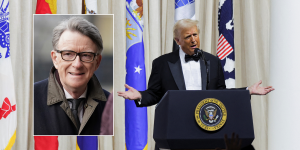

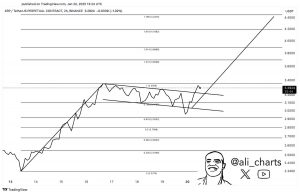
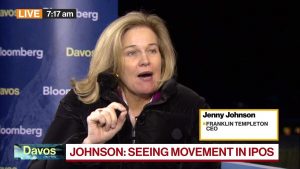





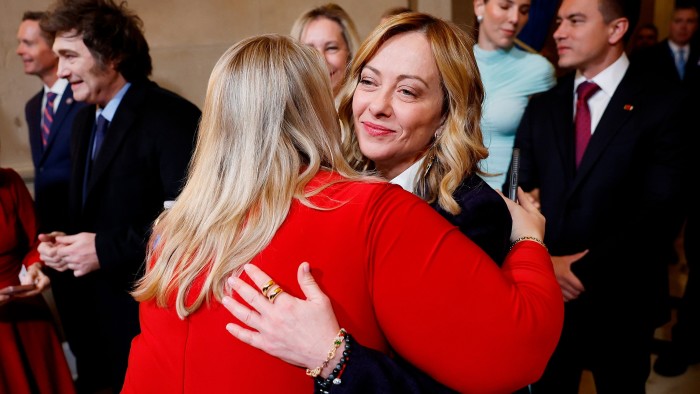
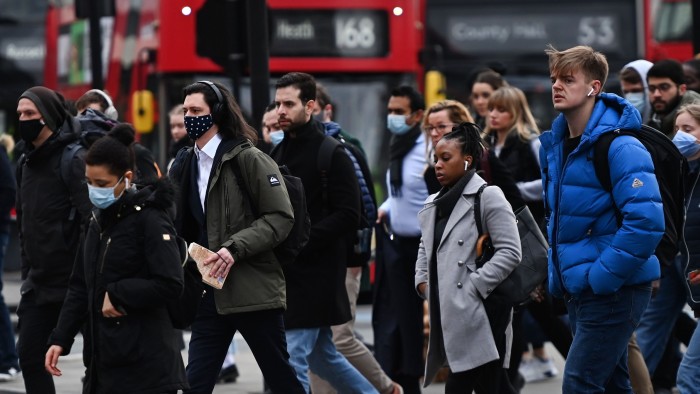
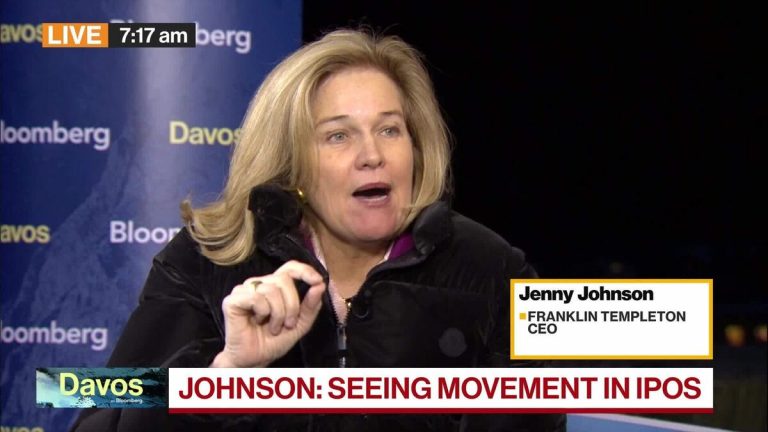
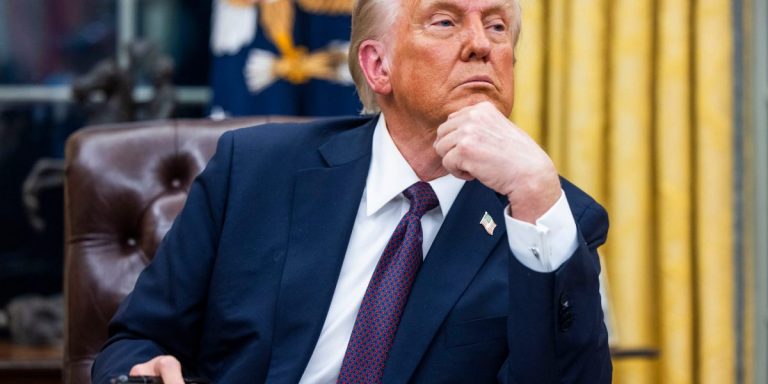






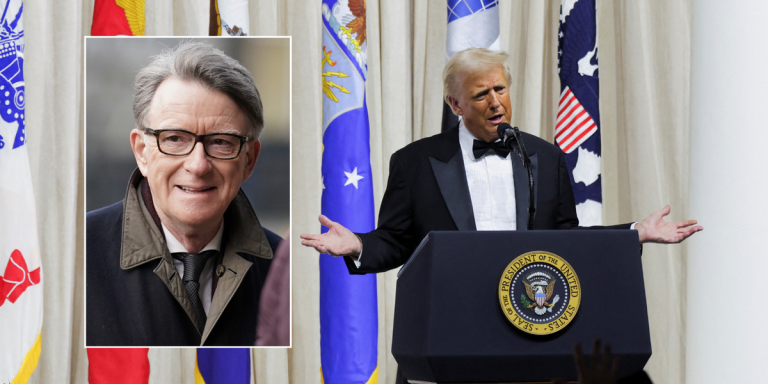

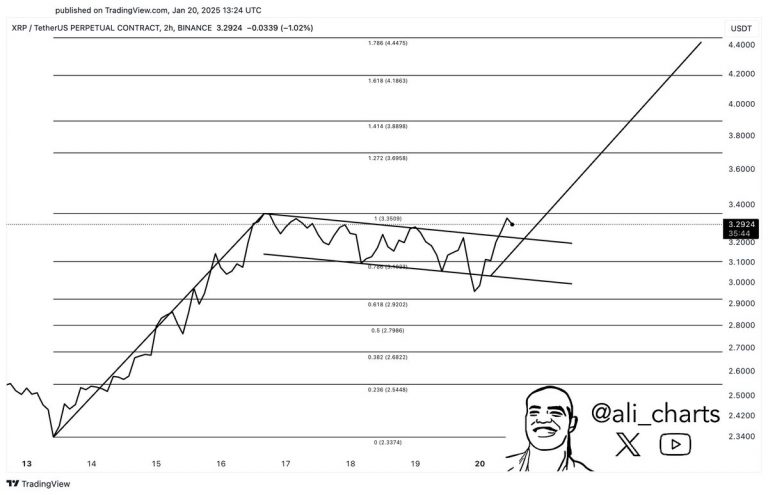
+ There are no comments
Add yours